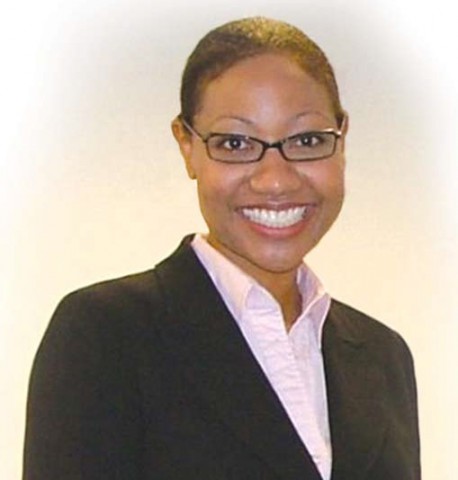
Working at the intersection of law and social work makes perfect sense to Ikeita Cantú Hinojosa. She majored in political science and communication studies at Texas Tech University and began her career in government, working for the City of Lubbock and the Parole Division of the Texas Department of Criminal Justice. Frustrated by policy flaws, Cantú Hinojosa realized that she needed to learn the law in order to change it.
In 1999 Cantú Hinojosa came to the U-M Law School as a Clarence Darrow Merit Scholar. She selected U-M because “as proud as I am to be a Texan, I wanted to keep Michigan from becoming Texas with respect to affirmative action.” As a member of the Law Students for Affirmative Action, Cantú Hinojosa was a defendant-intervener in the 2003 University of Michigan affirmative action lawsuit.
Cantú Hinojosa entered the School of Social Work midway through law school, seeking to understand how law and policy impact lives and social systems. Her concentration was community organization and community and social systems, and she created a unique field placement at a transactional law clinic in Detroit that was doing contract work for affordable housing. She describes the MSW program as one of the best experiences in her life because it gave her the opportunity to take her education out of the classroom. Cantú Hinojosa credits Professor Michael Reisch for encouraging her and other social work students to work in the political arena. She says he “solidified the point that social workers are natural advocates for clients and causes.”
Following graduation from the Law School in 2001 and the School of Social Work in 2002, Cantú Hinojosa worked for a legislative consulting firm in Michigan. She then moved to Washington, D.C., to serve as counsel for the National Women’s Law Center and as legislative affairs manager for the national office of Planned Parenthood.
Cantú Hinojosa is enjoying her “dream job,” working for the national office of the National Association of Social Workers (NASW). “I explore the intersections between law and social work through legislative and political advocacy because I understand not only the legal ins and outs, but also the social justice impact of the issues we face.”
She is particularly interested in encouraging more social workers to enter politics and oversees Political Action for Candidate Election (PACE), NASW’s federal political action committee. Cantú Hinojosa says, “Now more than ever we need the social work voice to be heard, especially in the areas of health, mental health, children and families, and civil rights.”
—Robin Adelson Little works at the U-M Exhibit Museum of Natural History. She is also a freelance writer and past editor of Ongoing